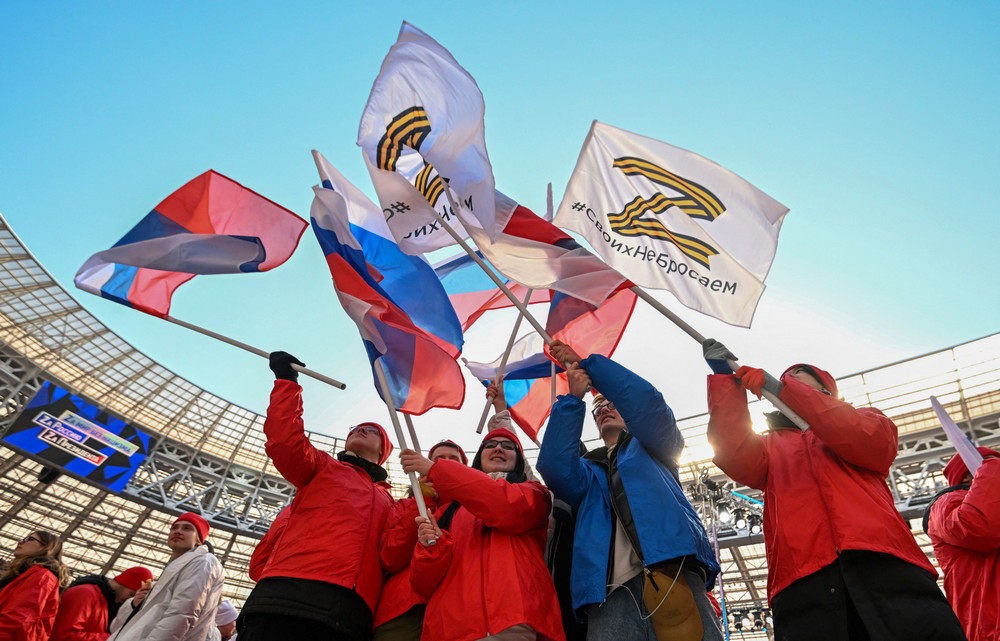On February 24, another war broke out parallel to the Ukrainian war. This particular other war is fought with at least as much fervor, faith and devotion as its kinetic counterpart on the battlefield. Who is fighting this war? Those who are convinced that it is only a matter of time and the Western sanctions will put the Russian colossus on two shoulders - writes Robert C. Castel in his note published on neokohn.hu.
Naturally, I will fight this war not with firearms, but with figures, statistics and graphs. In the last half year or so, there was hardly a day that a new analysis did not take flight, which believed to discover the opponent's economic Achilles heel, which will soon lead to a complete social and economic collapse.
According to the author, the mass of data produced during the months of the war is methodologically sound, based on rigorous research, and indisputably realistic.
But mostly irrelevant.
Why is it irrelevant? Because
perception of reality is much more important than objective reality.
The United States did not withdraw from Afghanistan because the Taliban fired their last Hummer. The Soviet Union did not withdraw from the same place, three decades earlier, because the Mujahideen Stingered the last Mi-24 helicopter.
It was the perception of defeat that drove the two superpowers to retreat, not a rational calculus,
according to which, south of this certain milestone, the business of war has become unprofitable and the wisest course of action is to withdraw from this market.
The same is true of the economic war between the West and Russia.
The question should not be how I can cause the greatest objective economic damage to the opponent, but how I can create the feeling of the greatest economic damage. At the moment, the Russians are much more effective than us in creating the perception of loss.
The vast majority of Russian media operates under the control of the Russian state. We were mistaken when we thought at the beginning of the war that Russia had made a fatal mistake in ceding the information battlefield to the Ukrainians. He didn't let it through. It's simply that
in contrast to the offensive information warfare of the Ukrainians, the Russians concentrated on defensive information warfare, on developing and protecting the domestic narrative.
This information shield is what makes it quite difficult for the West today to create a truly painful perception of loss among the Russian population.
On the contrary
Western media has become a propaganda machine for Russian economic warfare.
The saddest thing is that this is not some sort of negligence or omission. This is not a bug, but a system-wide feature. The business model of Western media is based on the sensational, the loud, the extreme.
The same media that has made a huge blockbuster out of a series of real or imagined crises, such as the climate crisis, systemic racism or COVID, is now riding the same path of "gas stop", "Russian winter", "economic apocalypse" and the "political tsunami" sweeping away governments.
The problem is compounded by the fact that the Western media acts as an echo chamber and day by day increases the perception of the effectiveness of Russian counter-sanctions, creating a series of self-fulfilling prophecies. The domino-like fall of European governments and political figures in recent weeks is only the beginning of this process.
The entire article can be read at neokohn.hu
Cover photo: MTI/AP/Sputnik/Ramil Sitdikov













